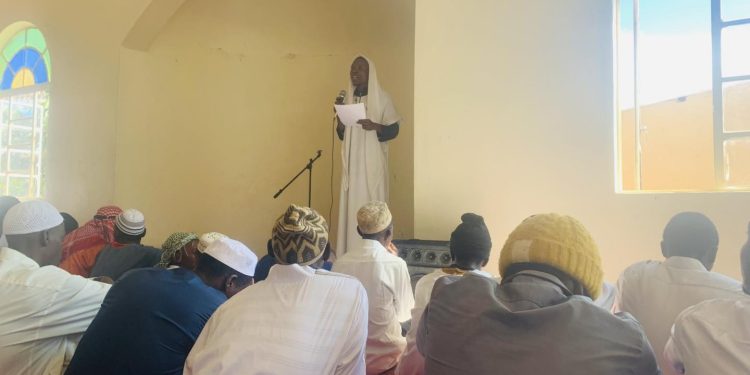
In August last year , the Media Council of Malawi{MCM} issued a press statement in various media channels, calling upon all media practitioner’s in the country to get accredited by the council as one way of bringing sanity in the industry. This according to the council, came about due to the rising cases of impersonation and demanding of money in exchange of publication or broadcasting of news items among other unethical behaviors. The call came at a right time when the country is witnessing an influx of journalists from the sprouting journalism schools in the country.
Off-late, Malawi is also witnessing various media channels ranging from Radio’s {community and national}, TVs stations, Newspapers, Magazines and Social Media among the few. Having various media organizations is indeed a great milestone for a country which used to give space to a few. A lot of people have applauded the move saying it will give checks and balances to various sectors and create employment for media professionals while others are happy with being able to choose what to listen, watch or read. However, as the media grows bigger, there are challenges that have to be removed if it is to be better.
The emerging development has made the market for media personnel in the country to become saturated that not all trained personnel can find a job where they can comfortably make a living. Many journalists get up every morning and get ready as if they are going to work, yet they fully aware they are not employed anywhere and have no strings to any organization. Most of them usually go out ‘scavenging’ in Hotels and meet in places where conferences usually take place and share notes on where they go tomorrow. Others call each other freelancers if not freelunchers.
Some of them could battle for a name of a media house so they could claim allowances at the end of the conferences and not publishing or airing the story from there. If conferences are not there, they could book for interview appointments with some news sources probably at the sources workplace or hotel and later on ask for transport allowances. So embarrassing indeed.
Again, salaries and conditions of services of many media organizations in the country are so discouraging. I know of a certain fellow journalist who has been receiving as little as MK 15,000 per month currently, which translates to MK500 a day. When you look at the growing cost of living in Malawi, which now is far above MK100, 000, you tend to wonder what MK 15,000 stipend can buy.
It is obvious that such journalists are likely to fall pray to the habit of demanding money from their news sources, thereby flouting the ethics of their job. In this case, should the journalists be accused?
Even though other media personnel believes that the conscience of reporters cannot be bought by money in form of allowances, studies have shown that some journalists survive on allowances pocketed at different functions as their employers fail to meet their basic needs.
It is no surprise that with the current economy, employment chances of media professionals is not as great. Recently, a lot of journalists from various media organization have lost their jobs while others continue to get embarrassing pay.
Most profit making institutions in the country have grudgingly raised salaries of their employees while others have resorted to drastic cost cutting measures and laid off some staff just to navigate this economy. Commercial media institutions, like any business entity, need to survive and as such have to make financial strategies that will ensure the organizations are sustainable. This obviously casts a doubt on any looming employment opportunities within the booming media industry.
I remember of one media owner who blankly told this writer that there was no reason why he should pay a good salary to his employees looking at allowances journalists get monthly from covering news function.
But one revelation is that most media organizations are privately owned and this gives a room for the owner to make whatever decision crops in the head. If one thinks wiser enough, you risk losing this hard won job.
Pointing out challenges that need to be looked at critically at a time when the government has almost created an environment that is favorable for the prospective media investors seems to be ungrateful; still there is a need to jealously guard such milestone in the industry. The revamping of Journalists Union of Malawi (JUMA) is the necessary jump start that will propel the industry by promoting media labor rights and take into account those who abuse the rights as well as promoting good working conditions. However, there is need for much effort to sustain the drive towards its growth.
The formation of the Association of Media Owners and Managers {AMO} is also another step in the right direction taken by private media owners in protecting their business interest. However, there is a need for the association to consider salary harmonization. Surely, every employee today-no matter the profession, needs a reasonable salary increment to meet the rising cost of living.
Unless editors and media managers start giving lunch allowances and transport to their reporters as they cover news, the spirit of receiving allowances from organizers will never end.
ABOUT THE AUTHOR:
Steven Godfrey Mkweteza is a media practitioner, marketer and a member of civil society groupings



















